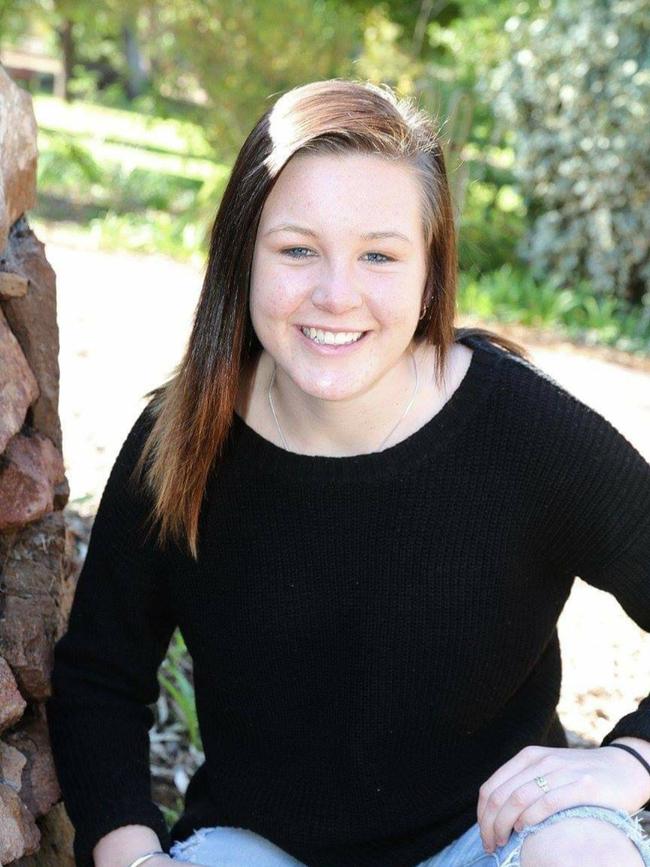New hope from UniSA researchers amid tragic spike in asthma deaths
There’s been a sharp spike in asthma deaths across the nation – but now UniSA researchers have made a dramatic leap forward.
SA News
Don't miss out on the headlines from SA News. Followed categories will be added to My News.
South Australia’s sharp spike in asthma deaths is linked to factors including relaxation of Covid protocols but now University of South Australia experts believe they have a promising new treatment for the lung disease.
Nationally asthma deaths rose 30 per cent in 2022 to 467 while SA had the nation’s biggest jump at 88 per cent, with 49 deaths.
Widespread rainfall triggering an increase in fungal spores and pollen was a factor but attacks were also linked to the post-Covid emergency return of respiratory infections with the move away from social distancing and enforced isolation of positive Covid cases.
Separately, this also appears as a factor driving a surge in flu cases, now 152 per cent higher than at the same time last year with 879 confirmed cases, compared to just 40 for all of 2021 at the height of the Covid emergency.
SA Health advises people who test positive to Covid to “stay home until your acute symptoms have cleared” and to “exclude people with flu from childcare, preschool, school and work.”
Doctors are urging parents to get their children vaccinated as just 28 per cent of children aged six months to 5 years were vaccinated in South Australia last year while nationally flu cases in such children soared 18 per cent to 34,461.
Microbiologist and Pathology Awareness Australia ambassador Associate Professor Caitlin Keighley said: “Prior to influenza infection, children do not have baseline antibodies, and their immune systems are more vulnerable due to no prior exposure to the virus, making them susceptible to worse outcomes.
“Therefore, vaccination for this age group is of the utmost importance.. Young children are also at increased risk of bacterial super infection following influenza, such as pneumococcal disease and group A streptococcus, making the risks even greater. The flu vaccine reduces babies and young children’s risk of serious infection and complications.”
Royal Australian College of General Practitioners president Dr Nicole Higgins said: “Vaccination is the best way to protect children against the flu and its complications. A lot of people don’t realise how risky influenza can be for kids; last year, one in three parents said they were not aware children can become seriously unwell from influenza.”
Asthma deaths in 2022 included pregnant Adelaide woman Hannah Henderson-Wilson, 20, who was hanging washing moments before a sudden asthma attack killed her and her unborn son in November 2022.

Immanuel College Year 12 boarder Breeana Wood died suddenly in October 2022 after an asthma attack while more recent tragic asthma deaths include Ashleigh Young, a passionate women’s football co-ordinator at Norwood Football Club who was 31 when she died last December.


UniSA researchers have found a family of proinflammatory molecules called beta common cytokines control inflammation and scarring of the airways in severe and steroid-resistant asthma.
They believe a human antibody called trabikihart could be the key to blocking this inflammation and scarring.
The findings, published in the Journal of Allergy and Clinical Immunology, follow a joint study by researchers from UniSA and the Royal Melbourne Institute of Technology, in collaboration with researchers from SA Pathology and CSL.
Dr Damon Tumes, Head of the Allergy and Cancer Immunology Laboratory in the Centre for Cancer Biology, said: “Inflammation and tissue damage in severe asthma is caused by several types of immune cells that enter the lungs due to allergens, viruses and other microbes that interact with the airways.
“In some people, the inflammation is resistant to steroids – the first treatment option for controlling severe asthma.
“Limited treatment options are available for severe asthma. New and existing drugs often only target single molecules when multiple overlapping cells and inflammatory pathways are responsible for asthma.
“Targeting multiple inflammatory cytokines with a single drug may be the key to treat and control complex and severe chronic airway disease.”





